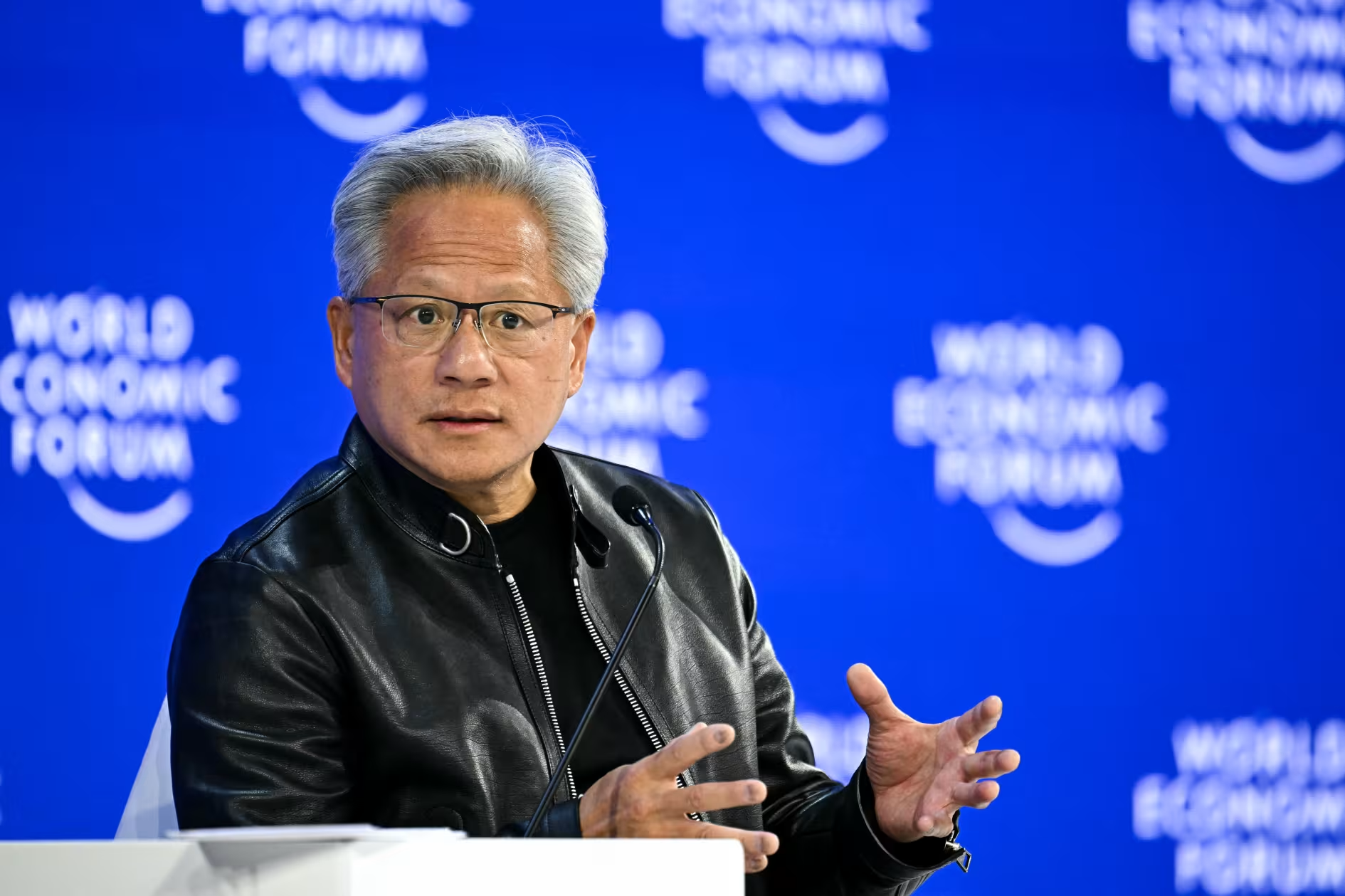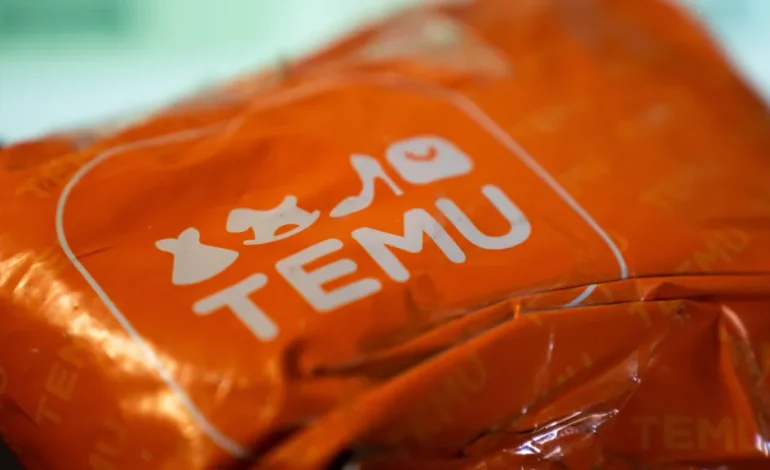PDD Holdings, the Chinese parent company of popular online retailer Temu, has reported a sharp decline in profits as the company grapples with trade policy changes and increasing competition both at home and abroad, BBC reports.
The e-commerce giant, listed in the US, saw its shares drop by over 13% on Tuesday following the release of its quarterly earnings. The company reported that profit for the first three months of the year fell by nearly 50%, landing at 14.74 billion yuan ($2.05 billion, £1.5 billion). Executives cited external economic pressures, including recent tariff changes, as a key factor behind the decline.
PDD Holdings Chairman Chen Lei attributed the downturn to what he called a “radical change in external policy environments such as tariffs.” He noted that the escalating trade tensions between the US and China have placed “significant pressure” on the company’s merchants, particularly those exporting to international markets.
A major shift impacting PDD’s business has been the US government’s decision to end the “de minimis” exemption earlier this month. The exemption had allowed packages valued under $800 to enter the United States duty-free. For platforms like Temu and its rival Shein, the exemption had been instrumental in enabling the direct-to-consumer model, where small, inexpensive goods were shipped from China to American shoppers without incurring import duties.
With the end of the exemption, Chinese e-commerce firms are now subject to tariffs as high as 120% on many of their shipments to the US In response, Temu announced that it would cease selling products directly from China to US consumers, reflecting the significant impact of the policy change on its business model.
However, a partial easing of tensions between Washington and Beijing has led to a temporary reduction in tariff rates on small packages. For a 90-day period, these tariffs have been more than halved, offering some relief to impacted companies.
In addition to international trade obstacles, PDD is facing stiff competition in its home market of China. The company is engaged in a prolonged price war with domestic rivals such as Alibaba and JD.com, a challenge made more difficult by subdued consumer spending across the country.
Beyond the US, Temu and similar platforms are also encountering regulatory scrutiny in other markets. In Europe, the European Union has proposed a flat fee of two euros on low-value parcels delivered directly to consumers. This measure, if implemented, would apply to billions of packages and require online marketplaces to absorb the additional cost.
In the United Kingdom, a review of customs policies for low-value goods has been announced following complaints from local retailers. UK Chancellor Rachel Reeves stated that the government would examine the customs treatment of such imports, signaling possible changes that could impact companies like Temu.










The latest news in your social feeds
Subscribe to our social media platforms to stay tuned